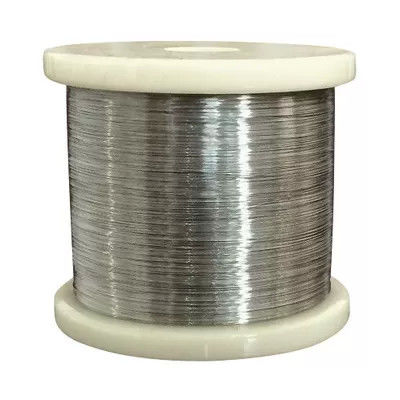08-05-2024

请留言咨询
我们将迅速与您取得联系
 你的文字必须在20- 3000个字符之间!
你的文字必须在20- 3000个字符之间!
 请检查您的邮箱号是否正确
请检查您的邮箱号是否正确
提交
更多的信息有助于更好的交流
先生
- 先生
- 太太
好
成功提交!
我们将迅速与您取得联系
好
请留言咨询
我们将迅速与您取得联系
 你的文字必须在20- 3000个字符之间!
你的文字必须在20- 3000个字符之间!
 请检查您的邮箱号是否正确
请检查您的邮箱号是否正确
提交





